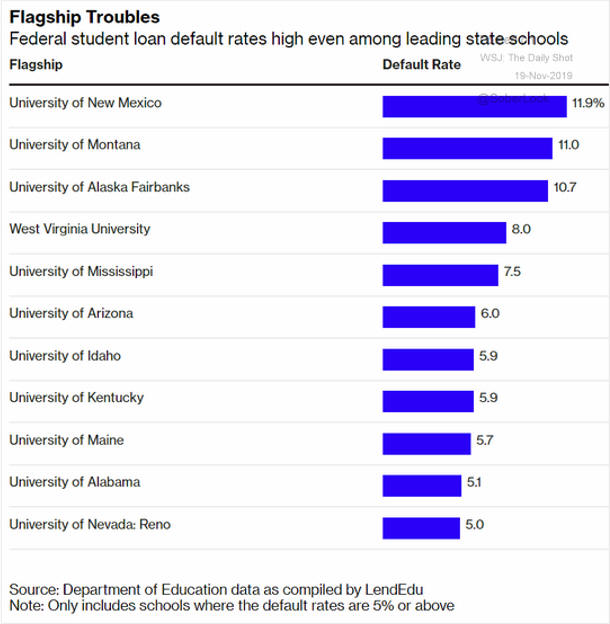|
Education Internet
Library
Return to Free
Textbooksfree.org Please use as a link,
use to educate and
share! 9/21/20 |
||||
|
Human Development |
Index |
Associations |
Teaching Tips |
|
The Soule Purpose of Education from B. Ritholtz
In 1914, John Alexander Smith, Professor of Moral Philosophy at
Oxford, addressed the first session of his two-year lecture course
as follows:
That quote reminds me of the famous Joan Robinson line: “The purpose of studying economics is not to acquire a set of ready-made answers to economic questions, but to learn how to avoid being deceived by economists.” Source The Sole Purpose of Education |
Recommended
Changing Education Paradigms
Fiscal and Education Spillovers |
|||
Pre-School Teacher Video: Educational Requirements for Pre-School Teachers. Watch this video to learn what kind of education you need to get started as a pre-school teacher.
Approach to teaching. New teachers will learn useful tips from this experienced teacher.
Empowering New Teachers: Bank Street College of Education. Learn how this college teaches new educators ways to effectively communicate with students.
Curry School of Education: Early Classroom Exposure Improves Teacher Preparation. Find out how prospective teachers are learning more helpful teaching techniques from actual in-class experience.
Teacher-Preparation Overview: A Survey of Top Programs. Learn which teaching programs are the top in the US and why they are rated among the best.
Teaching is an art form in itself, so take these classes to continue learning and shaping the talent you already share with your students.
Academics and Academia. Gender differences in learning and how it impacts the classroom experience is the focus of this class, as well as how gender issues affect those in academia. [MIT]
Thinking about how I work with other professionals. This course allows self-exploration as you examine the ways you work with other teachers and administrators. It also allows for self-reflection on how to improve your working relationships while maintaining your values and beliefs. [The Open University]
Working with young people: roles and responsibilities. Learn about the different roles adults play in the life of young people, discover the role you play as a teacher, and learn to develop the role model you wish to be for your students. [The Open University]
Teaching for good behavior. This course explores the ways you can set up your lessons to engage students while minimizing problem behavior. Learn to adjust lesson format, delivery, and content for great results. [The Open University]
Evaluating school classroom discussion. Discussion is an important part of the classroom experience. Find out how to successfully implement discussion in your classroom to better facilitate the learning process for your students. [The Open University]
Enhancing pupil learning on museum visits. It’s no big news that students learn in different ways. This class helps you embrace these differing learning styles while on museum field trips. [The Open University]
Teach Global. Learn about the Teach Global program in this course where you can also find resources about the program and learn about other similar courses. [The Open University]
Introducing observational approaches in research with children and young people. Observation and research are the focus of this class where you will learn about observation as a research tool, the differences between quantitative and qualitative research, and learn the difference between describing and explaining in a research study. [The Open University]
|
Career
Information
state-licensing-exams-for-teachers/ top-10-schools-for-the-mat-in-social-studieshistory seven-great-reasons-for-teachers-to-get-a-mat
quickest-route-to-a-new-career-in-teaching
|

